1.0 The timeline
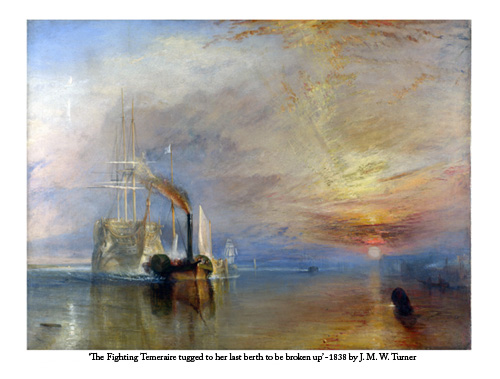
1.11 On mixing ideologies
The age of steam created possibilities for human development at an unprecedented rate when it came. Continents became connected and travel increased the amount of encounters with foreign concepts.

1.10 About signals, steam and class systems
Social signals and code were important in the transition of humans into factory life. What might be the equivalent for our digital ones?
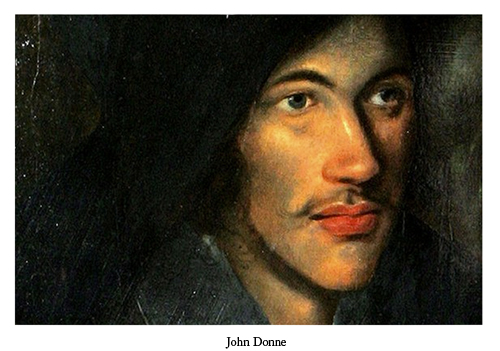
1.9 Making sense through metaphysics
In making sense of confusing times, we can be greatly informed by the metaphysical poetry and experiences of our ancestors.
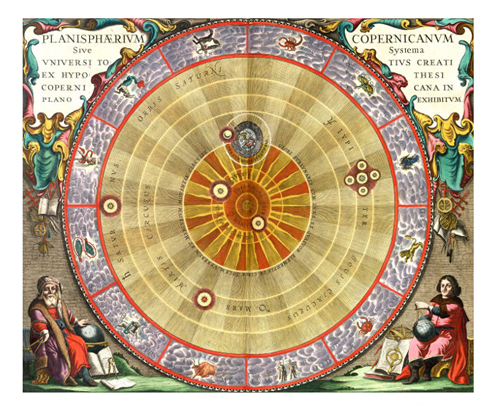
1.8 On altered orbits
With code, we have an altered orbit. It is asking us to think about how we revolve around it in ways that are fit for today’s age.
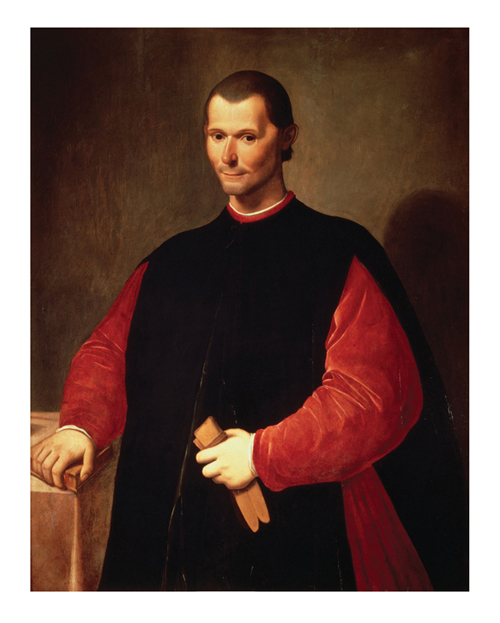
1.7 About power diatribes
The characteristics of the Digital Era are very different from those of Machiavelli’s. This may lead to changes in how we think about power.

1.6 On the art of developing new perspectives
Perspective and expression enabled deeper enquiry and exploration in the Renaissance. As digital humans, we still need it today.
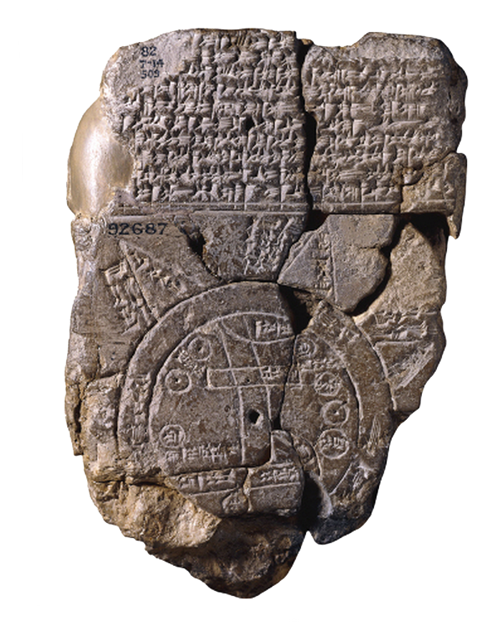
1.4 Starting the social media relay
Put aside features and plugins. At its core, social media is simply a way of relaying information, a practice nearly as old as the hills.

1.2 Digital chronology
The digital timeline’s now a universal means of understanding like the meter or the kilo, it’s of immense significance, and we all have one.
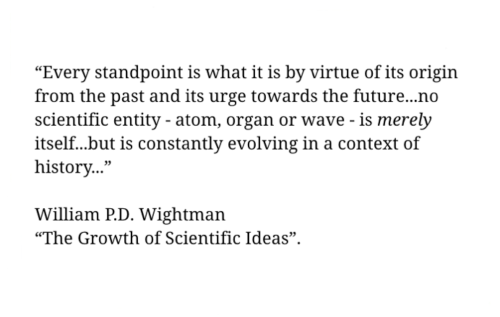
1.1 Mapping our existence
One of the building blocks of digital civilisation that we can learn from the ancients, is about making a better state through inventory.

1.5 On ancient automata
The rational and predictable; the strange and unexplained. These opposable forces have shaped human destiny for millennia using machinery.
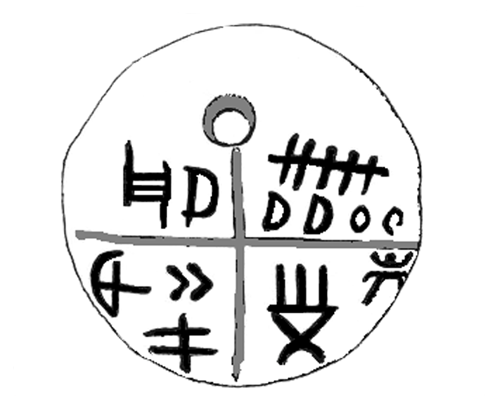
1.3 In the beginning there was the tablet
The processes of big data, quantified organisation and state formation haven’t changed that much from the days of our early ancestors.
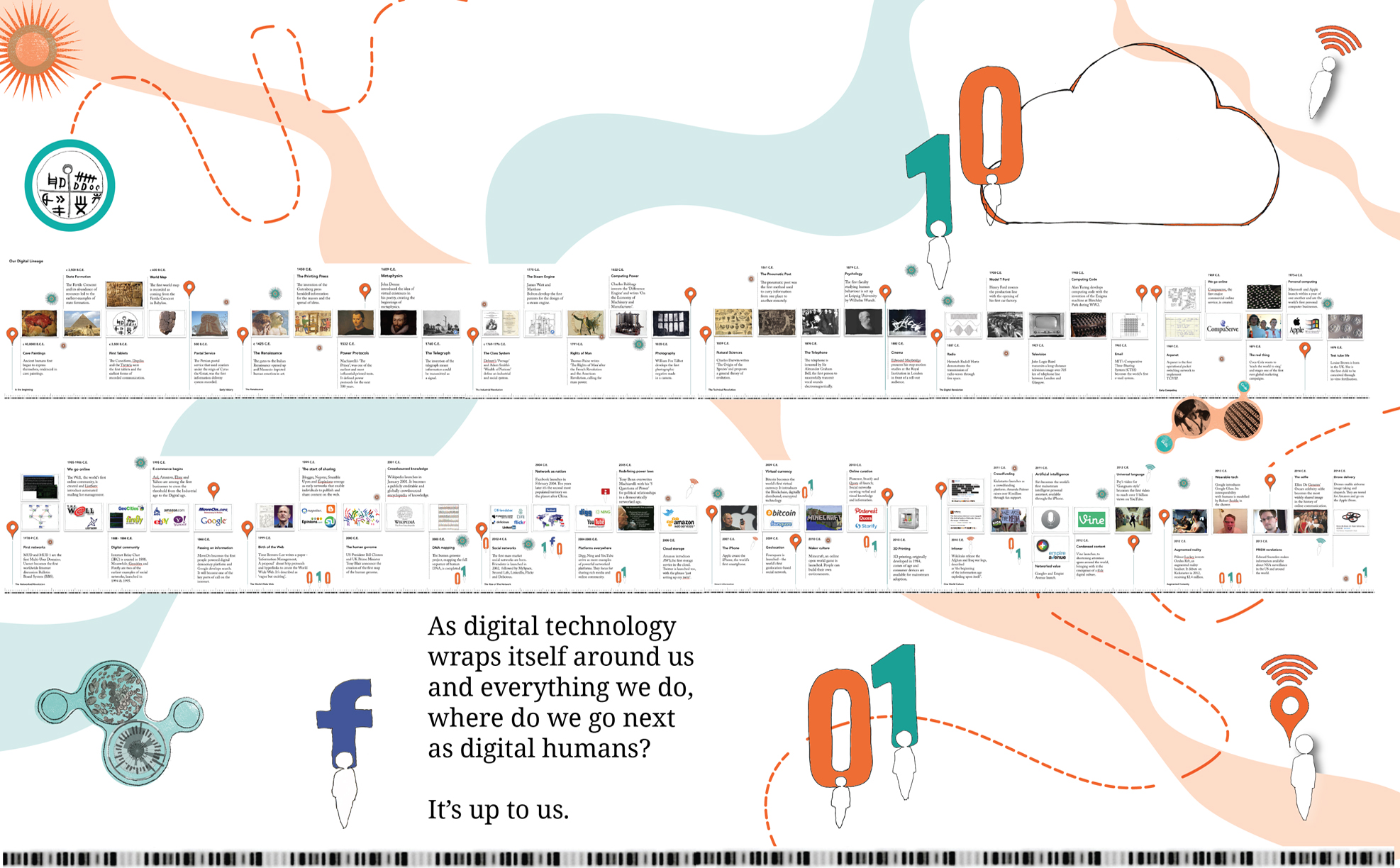
1.0 Our timeline
The chronology of human connectivity, from pre-history to the present day.
